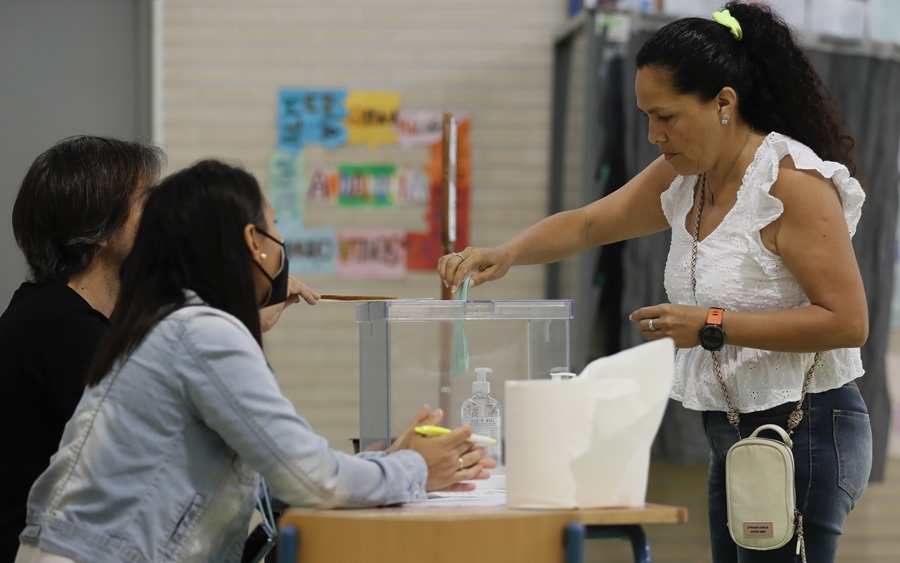A total of 35,414,655 citizens will be able to exercise their right to vote in the municipal elections on May 28. Of these, 414,581 come from other States of the European Union and from countries with which Spain has signed reciprocity agreements, that is, a kind of permit for people of these nationalities to participate in the elections, as long as they prove that they reside in Spain and express their willingness to vote.
In total, 39 countries, divided as follows: 26 are EU countries and 13 are countries outside the Union. The former do not depend on the aforementioned reciprocity agreements. The seconds, yes.
The United Kingdom appears precisely in this last group, the non-EU country with the largest population group in Spain: 36,543 Britons are registered in the electoral roll.
As a result of “Brexit”, both States agreed that British citizens, in addition to exercising the right to vote (active suffrage) in Spain, can be elected (passive suffrage) and, therefore, form part of electoral candidacies.

The reciprocity agreements include the conditions to be able to vote. Fundamental is that the citizen of the foreign country is in the register.
In addition, as he recalled in the mandatory communication that the Electoral Census Office sent at the end of 2022, they must register on the electoral roll if they want to vote. The deadline for this was January 15, 2023.
2. From the EU: from Romania to Malta
The largest group of EU foreigners who will be able to vote on 28M comes from Romania. 113,492 are registered in the census. Next, Italians (66,492), Germans (41,630), French (36,310), Portuguese (21,736), Bulgarians (19,644), Dutch (15,558), Belgians (11,919) and Poles (9,528).
The least represented are Cyprus (70) and Malta (74).
3. Outside the EU: from the UK to Trinidad and Tobago
Of the 414,581 foreign citizens who will be able to vote on 28M, just under 50,000 come from countries outside the European Union. It is a small percentage of the total number of voters, slightly above 10%.
After the United Kingdom, which contributes the largest group, are Colombia (3,308), Ecuador (2,582), Paraguay (1,938), Bolivia (1,863), Peru (1,826), Chile (903), Norway (614), Korea (131 ), Cape Verde (108), etc.
Those that contribute the least voting citizens are Trinidad and Tobago, with only 6 registered, and then Iceland, with 40, and New Zealand (41).
The absence of Morocco is striking, with a very large group of citizens in Spain. This is so because there is no reciprocal agreement between the two countries.







